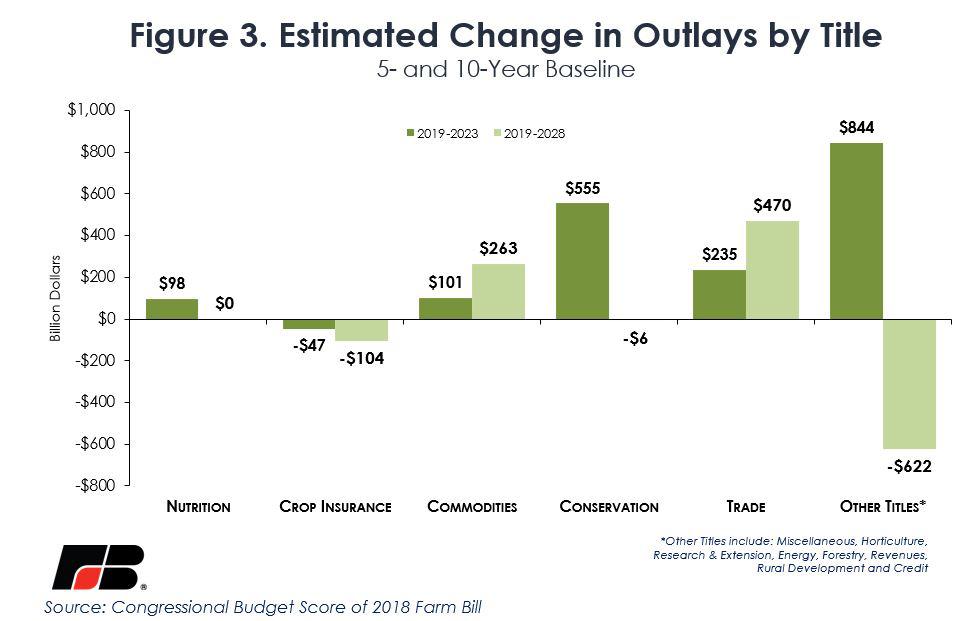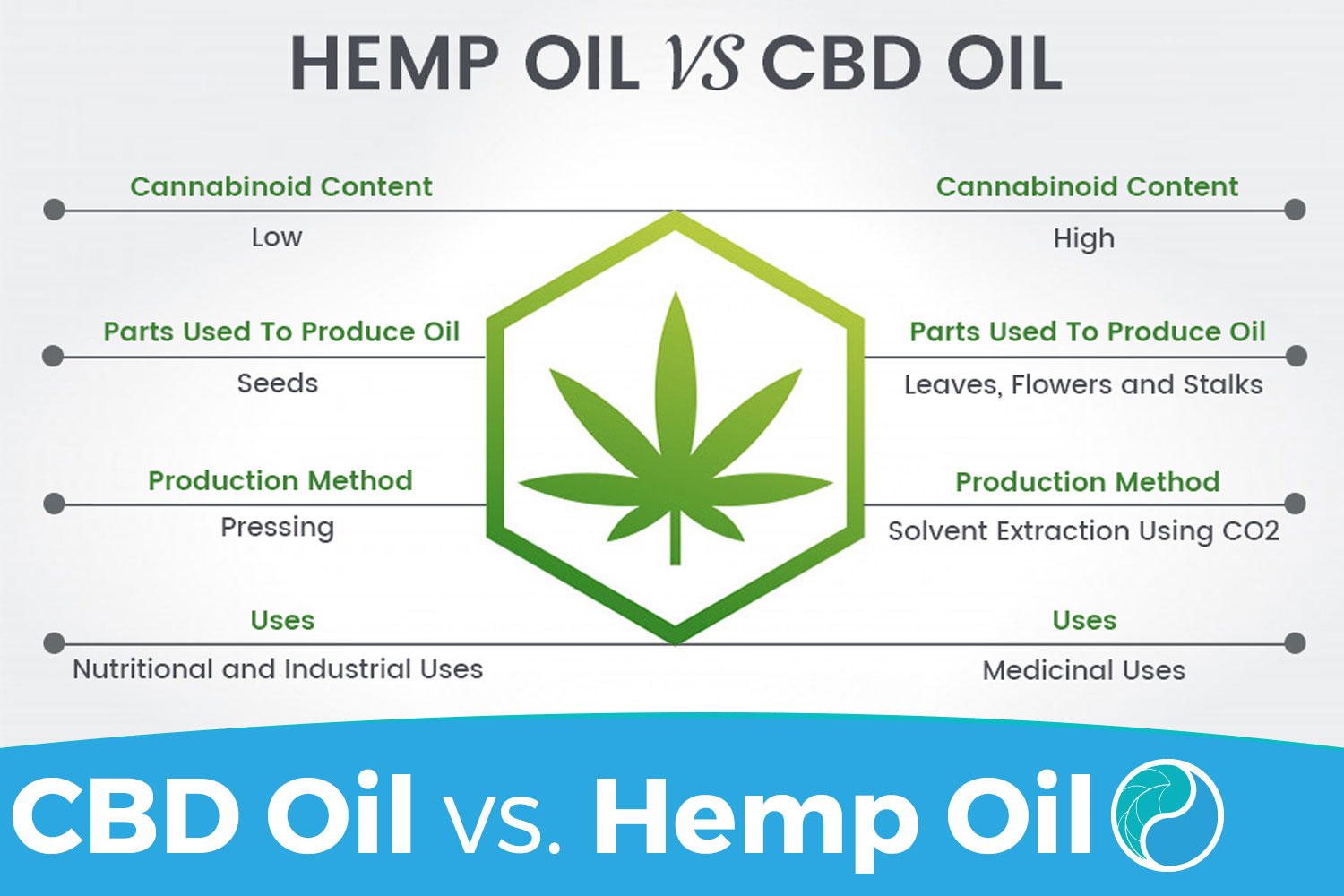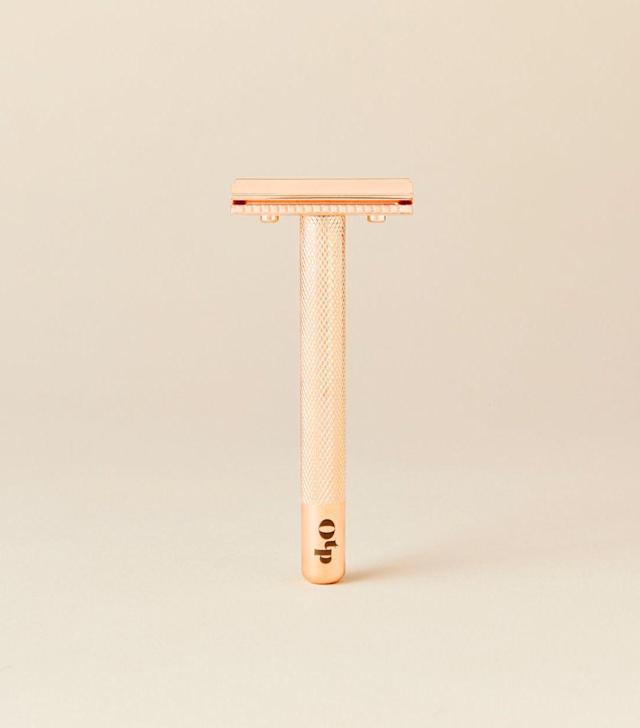
Is CBD and THC-containing products legal in Texas? They are still illegal in Texas. However, hemp-derived CBD is legal in Pennsylvania as well as Hawaii. CBD oil is legal if you have medical marijuana. If you live in one of those states, you can get CBD oil as a supplement.
Texas makes it illegal to use THC-containing drugs
Texas makes it illegal to possess THC-containing goods. THC content in the product determines the punishment. Under Texas law, possession of one gram of THC is a state jail felony. Possession of more that four grams of THC is a second-degree felony and can result in a five to 99 year sentence at the Texas Department of Corrections.
Although Texas has banned certain THC-containing products from being sold, the majority are legal. There are two exceptions to this rule. Although the state has legalized delta-9THC, it has banned delta-8THC products. The state's Department of State Health Services considers delta-8 THC to be a Schedule 1 controlled substance.

Recently, the state's Consumable Hemp Program website modified the definition of THC. According to current law, delta-8 products may not contain more delta-9 THC than 0.3%. Texas law makes it illegal to sell products containing more than 0.3% delta-8 THC.
Pennsylvania legalizes hemp-derived CBD
Hemp-derived CBD oil is legal in Pennsylvania. It is legal to sell in the state, provided it is not more THC than 0.3%. This is controlled by the Pennsylvania Department of Agriculture. Growers must follow all applicable federal and state regulations. Hemp-derived CBD does not have the same intoxicating effects as marijuana, but has many therapeutic benefits.
In 2016, the state passed a law that legalized hemp-derived CBD, provided it does not contain more than 0.3% THC. This means that no physician or prescription is required to buy the product. The state's MMJ programs protect registered patients from any penalties and provide a structured, regulated market. Hemp-derived CBD is still illegal to be used for recreational purposes, but cardholders with medical marijuana cards are permitted to possess and buy up to 30 grams.
Hemp-derived CBD products are available over the counter in Pennsylvania. Be aware, however, that many shops do not sell them to those below the age 18. When purchasing CBD, you should always have a valid ID. It's also a good idea for brands to have third-party lab reports. This ensures that the product contains a high level of CBD.

It is legal to do so in Hawaii
The state Hawaii has not yet passed laws specifically addressing CBD. To determine if CBD products have legal status, the state relies upon U.S. Farm Bills. 2018 saw Governor David Ige sign HB 1819, which makes it legal for hemp to be grown in the state under the USDA's hemp production programme. The law also allows for the sale of hemp-derived products.
The state's Food and Drug Department stated previously that future changes to the state's CBD laws could be expected. The department intends to amend the state CBD laws after federal guidelines are in effect. The department also stated that they plan to regulate all CBD-derived products.
Even though Hawaii still hasn't legalized hemp-derived cannabis, it has made significant strides towards progressive marijuana laws. Although Hawaii's CBD laws are fluid, lawmakers are still working out how to regulate CBD. Although the laws are unclear, there are a number of CBD shops and retailers already operating in the state. There are many products that look similar to the ones on the mainland. Although CBD is not yet legal, there are some optimistic residents who believe that it will.
FAQ
Which countries have the best quality CBD?
The United States produces the vast majority of CBD products.
Canada, Australia New Zealand, Israel and New Zealand also produce high-quality CBD product.
Is CBD a good place to invest?
The demand for hemp-based goods continues to rise as more people realize their benefits. By 2022, the market for hemp-based products will reach $1 billion.
The market is expected to continue growing at over 20% per year until 2020 when it reaches $2.5billion.
Hemp oil has been used in many beauty products and health care products including creams, lotions.
A number of companies produce CBD-infused beverages, pet foods, dog treats, snacks, and other food items.
CBD is currently legal in all 50 states, although this may change soon. Businesses will find it easier to legally operate legally as more research is done on CBD's potential uses.
These are all factors that make CBD investments a viable venture.
How much CBD is required?
The type of product that you're buying determines how do you decide to do it.
Most CBD oils come in strengths ranging from 100mg to 1,000mg per bottle.
Some CBD products can be made in specific amounts by certain companies, such as 25mg or 50mg.
For example, the company Charlotte's Web makes CBD products with precise amounts of CBD and other cannabinoids.
Start with a low dosage if you are unsure if CBD is right for you.
You can always go up later.
Is the CBD industry on the rise?
Yes. And that growth is expected not to stop as legalization continues across North America. Canada has legalized recreational marijuana use in the past year, and several states have passed laws regarding medical marijuana.
This trend will likely continue at least another ten years, as more states adopt legislation allowing medicinal marijuana.
It is also economically sensible to legalize marijuana. Legalizing pot can provide many benefits, not only for farmers but also for the general public.
It could help decrease crime rates by reducing illegal drug availability. It could also provide a source of tax revenue for governments.
People will likely choose to consume less alcohol as they become more comfortable with legal marijuana. This would reduce hangovers and increase health care costs.
Patients with chronic pain might find that marijuana actually helps to improve their quality-of-life. Many believe that the active ingredient in marijuana, THC, helps relieve symptoms such as muscle spasms and nausea caused by chemotherapy.
Finally, marijuana might become a valuable tool for treating mental illnesses such as depression and anxiety. Some studies show that marijuana can even be used to treat schizophrenia.
The future is bright for CBD, but there are still many challenges ahead.
How can CBD products successfully be marketed by companies in compliance with regulations?
The FDA does no regulate hemp as a crop commodity. The Controlled Substances Act governs all other cannabis derivatives, such as marijuana. CBD has not been subject to any specific regulations.
CBD is legal at the state level in 29 states, but federal law still considers it illegal. Businesses looking to sell CBD products are left in uncertainty.
The FDA also sets strict guidelines about how CBD products are promoted. They must disclose the THC content of any CBD products. Companies cannot claim that CBD helps treat certain medical conditions without scientific evidence to support this assertion.
In addition, the FDA requires manufacturers to submit detailed information regarding manufacturing practices and quality control measures. They require companies to carry out clinical trials to prove safety or efficacy.
When developing their own marketing strategies, companies should take into account these points.
Which states have the highest CBD intake?
California, Colorado and Oregon are the top three states. These states are home to large populations with high incomes and low unemployment rates. These states also have higher hemp farms than the rest.
California leads the pack because its economy heavily depends on agriculture. It is home to a large amount of fruits and vegetables. This is because cannabis is from the same source as hemp.
Oregon and Colorado are closely followed by Oregon, both of which produce marijuana for medical use. These two states, however, do not permit the recreational use of marijuana, as California does.
Other states that are highly ranked include Washington, New York. Florida. Illinois. Pennsylvania. Mississippi.
Statistics
- As a substance that was federally illegal before the passage of the 2018 Farm Bill, hemp-derived cannabinoids with no more than 0.3% THC still face a regulatory grey area. (forbes.com)
- however, one study also found that these effects were virtually abolished when the original media (a nutrient broth agar) was replaced with one containing 5% blood (increasing the minimum concentration to ~160 μM CBD) [179]. (ncbi.nlm.nih.gov)
- HR −16 mmHg; 95% CI −26, −6; I2 = 92%) (ncbi.nlm.nih.gov)
- The use of these products is likely to become even more widespread if the World Health Organization's recommendation that CBD no longer is scheduled in the international drug control conventions is adopted by the United Nations member states [201]. (ncbi.nlm.nih.gov)
- The inhibition of FAAH is predicted to lead to an increase in brain and plasma concentrations of AEA, which acts as a partial agonist at CB1R and CB2R, thereby increasing endocannabinoid tone [92, 110]. (ncbi.nlm.nih.gov)
External Links
How To
What are the issues that the CBD industry faces?
The market for CBD products is expanding at an astounding rate. There are many hurdles businesses face when trying to enter the CBD market. These include low consumer awareness, high entry costs, limited capital access, regulatory uncertainty, and lack of consumer awareness.
Many consumers don't understand what CBD is and how it works. This makes it difficult for consumers to make informed decisions on whether or not they want CBD products.
As a result, most CBD companies rely heavily on word-of-mouth marketing. This is expensive because it requires paying for advertising and hiring staff to promote their brand.
The high production costs are another issue that new entrants to the CBD industry face. High prices are a major problem for CBD products because of the high cost of raw materials. For example, hemp needs to be grown in specific climates and soil types before it can be processed into CBD oil.
For CBD oil to be produced, you need to plant enough hemp. This costs about $1,000 an acre. This means that many small farmers cannot afford the cost of starting.
The lack of capital access is another obstacle new entrants to the CBD market face. Many people who want to start a business are discouraged by banks due to the stigma associated with the industry.
Last but not least, there is regulatory uncertainty regarding the sale and distribution of CBD products. There are currently no clear guidelines regarding how CBD products should be marketed.
Despite some states having passed laws restricting the sale CBD products, this is not yet a national policy.
Only Nevada, Maine, and Nevada have legalized recreational pot.
Massachusetts and Michigan, however, are exploring similar options.
These changes could increase competition among CBD manufacturers.
Many entrepreneurs prefer to work at home over starting a business.